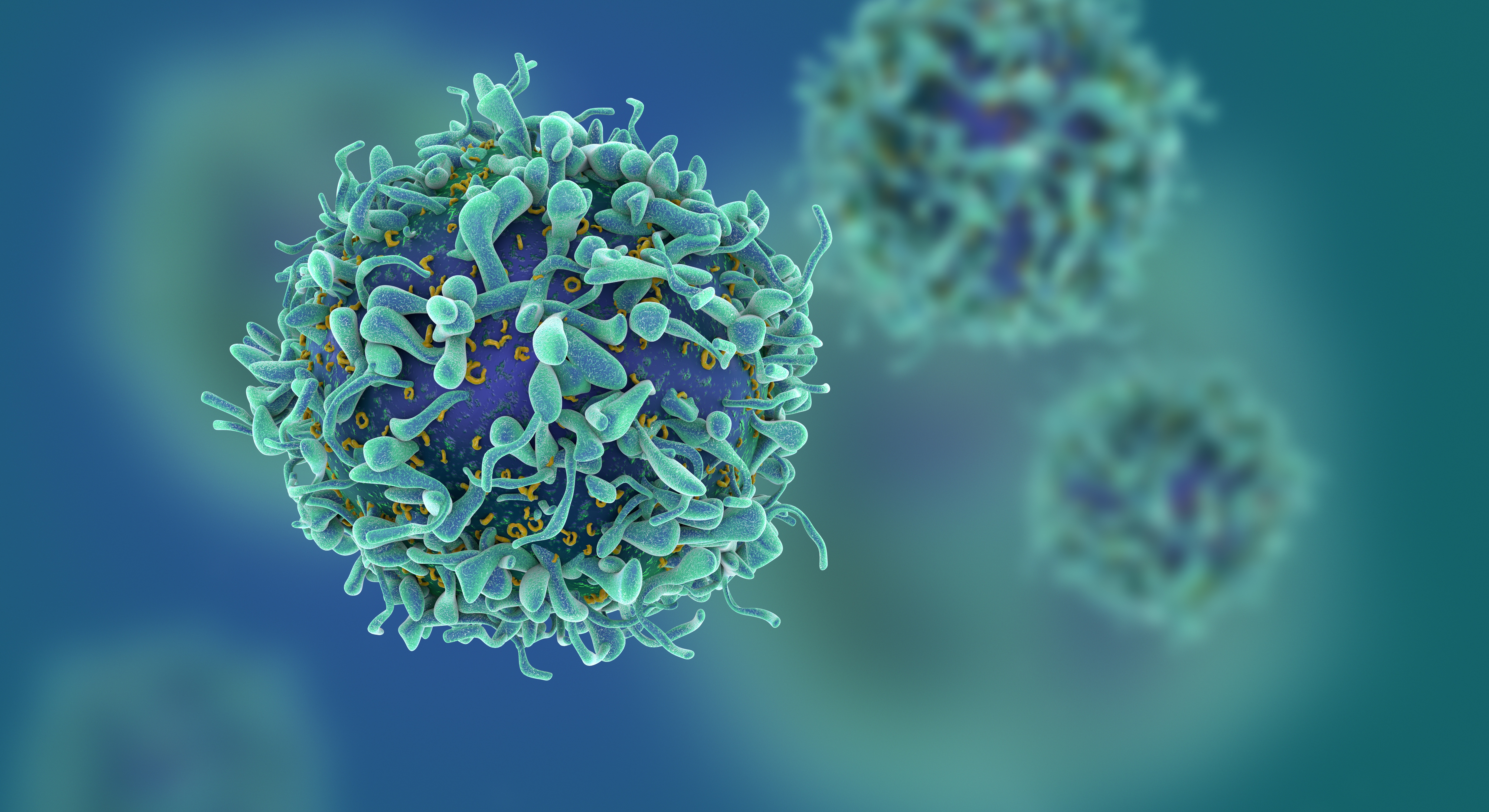The effect of gut microbes on the mouse brain depends on both sex and stage of development

Immune cells in a mouse's brain react differently to changes in gut-dwelling bacteria depending on whether the mouse is male or female and whether it is a fetus or an adult, A*STAR researchers have found. This discovery has potential implications for brain development and disorders. Recently, scientists have found increasing evidence that the microbes in our digestive system, collectively known as the microbiome, can affect the brain via the metabolic products they produce. Now, Florent Ginhoux from A*STAR's Singapore Immunology Network and an international team of researchers have found that this influence goes all the way back to the womb. By performing microscopy and genomic analyses, they have shown that, in mice, the absence of a microbiome in a mother affects the microglia, one of the major immune cell populations of the central nervous system, of her developing fetuses.